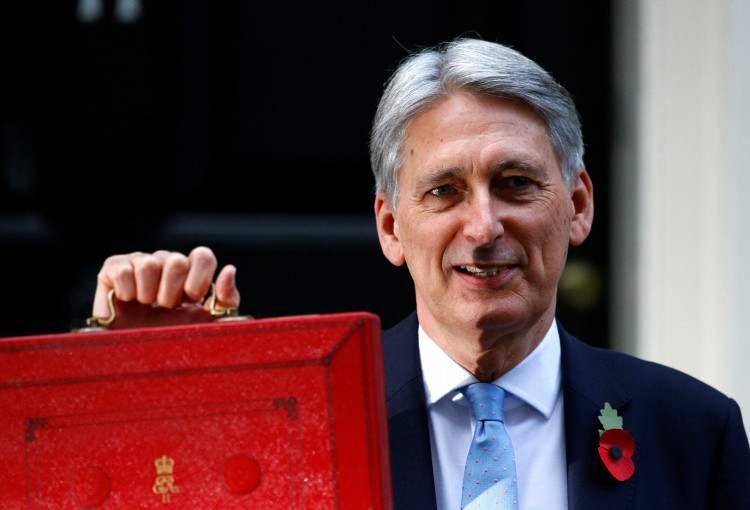UK Chancellor Philip Hammond announced on Oct. 29 his proposal to impose 2 percent tax on large digital firms which operate inside the country and generate global revenues of at least GBP 500 million or $600 million a year.
The proposal would see U.S. giant firms in the likes of Facebook, Google, and Amazon paying additional taxes in the United Kingdom aside from the taxes they are already paying in the countries where their main headquarters are operating.
In his announcement, Hammond said the UK expects to earn more than $500 million a year when the proposal takes effect in April 2020. The chancellor added that the UK Government welcomes discussion on a possible replacement if there proved to be a consensus objecting the implementation of the digital services tax.
Hammond explained that the rationale behind the proposal was that the UK Government believed it is unfair for businesses to amass revenue in the country without paying any taxes. He said that while a global agreement on how digital taxes shall be implemented would be an ideal solution to the issue, talks at a global level have been slow.
Hammond highlighted that the looming digital tax would not be an online sales tax on goods purchased online. Furthermore, big and established tech companies are the ones required to pay such taxes and not the technology start-ups.
The announcement from the United Kingdom was made as leaders of 16 tech companies wrote a letter address to express their objection on similar digital tax as proposed by the European Union in March.
The letter addressed to finance ministers of the 28-members of the EU, warned that digital services tax would curtail technological innovation and would negatively impact the economic growth of the region, as well as the employment growth in the European markets.
In their letter, tech giants such as Spotify, Booking.com, and Zalando warned that the digital tax could result to unfair market treatment, double taxation for the businesses, and could possibly be emulated by other countries. The latter could negatively impact UK tech companies which on the other hand wished to diversify to other countries.
Meanwhile, the Chartered Institute of Taxation has also warned about the risks of the digital services tax. The warning was made ahead of Hammond's official announcement on Tuesday.
CIOT asserted that the existing principles of international tax law remain to be the best way to tax the global profits of multinational companies.
International tax law states that a multinational group's profits should be taxed in the countries where it undertakes its value-generating activities and not where the company generates sales.
CIOT warned that UK's proposed digital tax would encourage other companies to do same by taxing UK-based tech companies that are already paying taxes inside the country. Another concern is that these taxes may simply be passed on customers.






